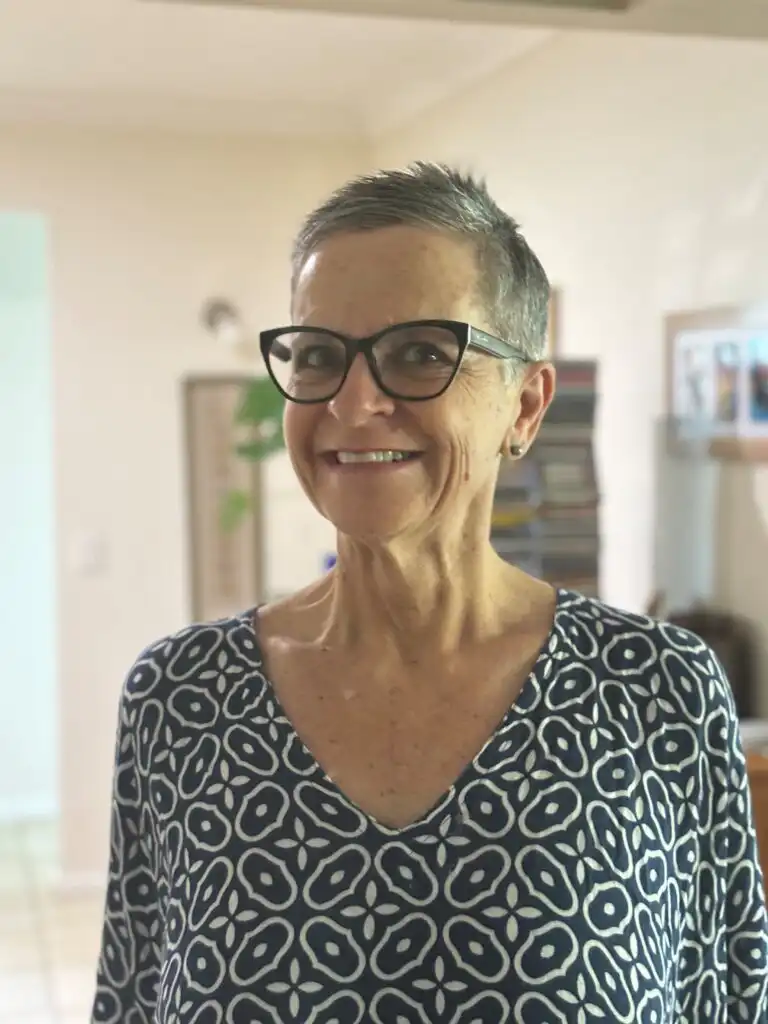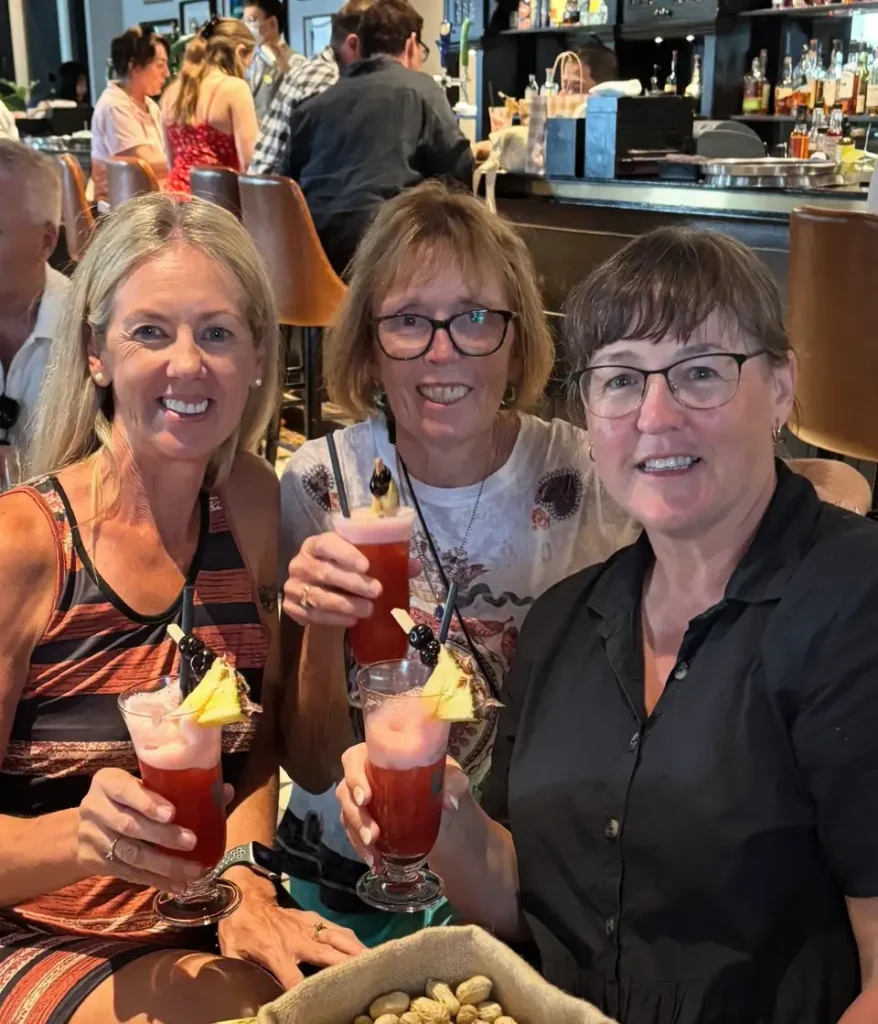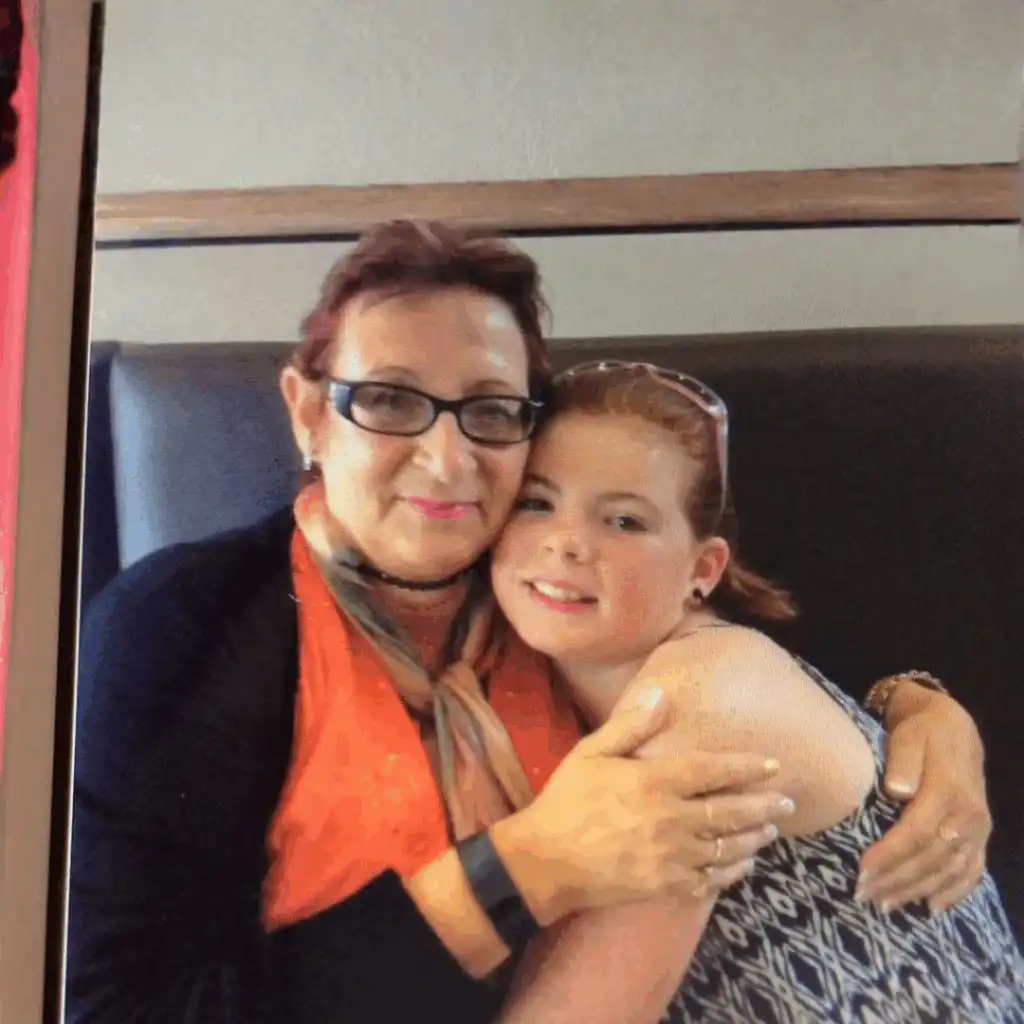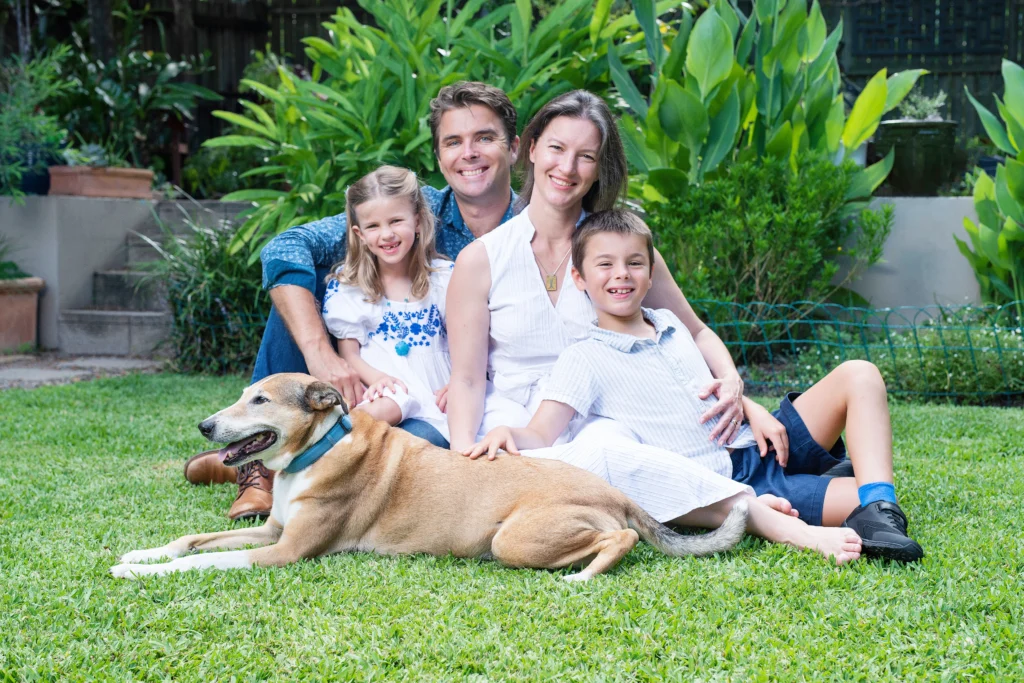Living with the rare lung condition pulmonary arterial hypertension (PAH) might have demanded Kylie perfect an intricate and precise routine of maintaining a pump that is connected to her chest 24/7 to support her breathing, but it has also given her perspective on the simple things.
Diagnosed when she was 26, Kylie was shocked. She had never smoked and looked after her health. It has taught her not to take your health for granted.
“You never know what’s around the corner,” she shares. “Always listen to your body. You are the only one who knows exactly how you feel and if something doesn’t feel right, keep asking questions of your doctors until you feel heard and that you have an answer.”
She describes her experience living with PAH as a “roller coaster”, with shortness of breath and fatigue often making even the most routine task a challenge that can take a toll on her energy.
“I’ve learnt to deal with the ups and downs more easily, but there’s still times it is overwhelming and hard to stay positive. I’ve been lucky to have a great team of doctors and support people around me throughout the years to help keep me on track.
“Just because we look okay on the outside doesn’t mean we aren’t fighting for every breath to do the basics every day.”
With drug trials underway and more on the horizon she believes people living with PAH in the future will have a very different experience.
“There are so many different treatments now. It means that people are going to be able to explore better ways of living with a chronic lung condition because being put on a transplant list or wearing a pump 24/7 won’t be the only option their doctor has like when I was diagnosed in 2006.”
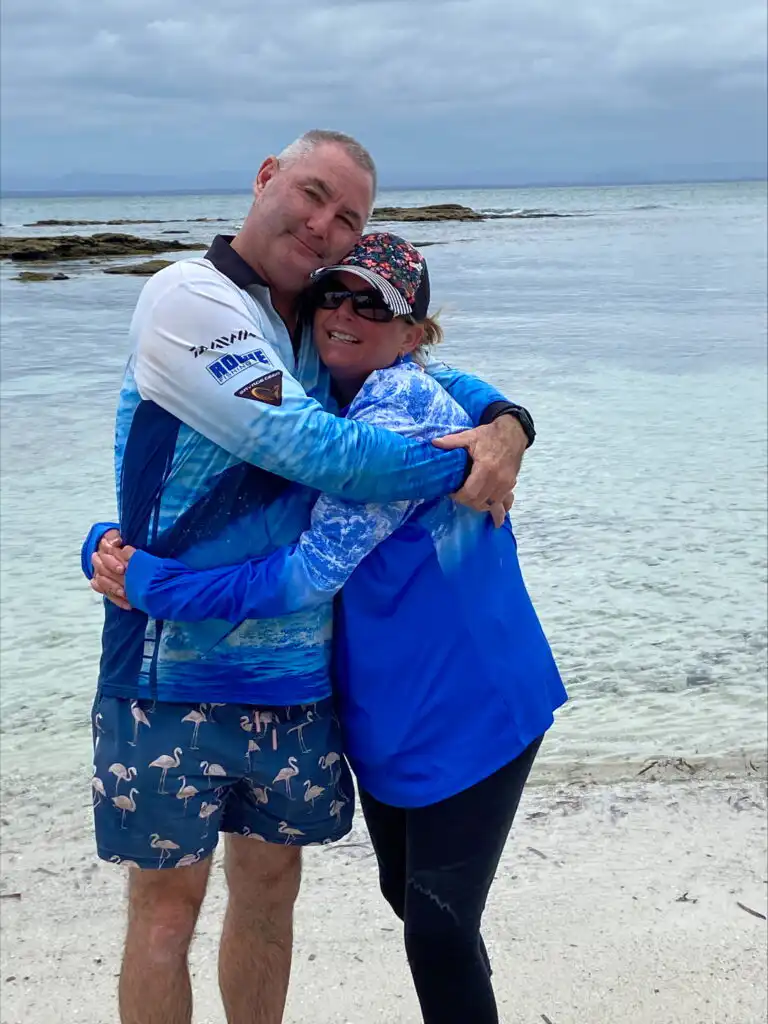
Kylie, whose health has been stable for a while thanks to drug trials, has recently been listed for a double lung transplant.
“My body is getting tired with an overworked heart and very used lungs, so the time has come for the next part of my journey,” she says.
“I’m spending as much time as possible with my family and friends and trying to stay as strong as possible for the best recovery after my transplant.”
Day-to-day Kylie finds joy in trying new recipes, cooking for her friends and family, looking after her grandkids or spending time outside walking or fishing.
“I’m looking forward to being able to go for a swim after my transplant and not be connected to a pump 24/7.”
Connecting with community
For many Australians like Kylie diagnosed with a rare lung disease, Lung Foundation Australia support services and programs provide a lifeline – a steady hand in a very rough sea.
“Without a peer support group, I think I would have found myself fighting to stay as positive as I have been,” she says. “I’ve met such amazing people who understand my condition. Whether it’s just to chat or to listen, to help someone fight to get help or to share what is going on in your day, the service 100% helps get you through and reminds you you’re not alone.”
Kylie says when living with a rare condition, it’s vital to have access to resources and information that cover the specifics of the disease.
“When you are given so much information from your doctors it’s hard to take it all in. Having resources and information to refer to makes processing this condition much easier, as you have it at hand when you need it or are ready to learn more. There are always questions that you think of and having access to these is very helpful.”
Was this page helpful?
Good job! Please give your positive feedback
How could we improve this post? Please Help us.
